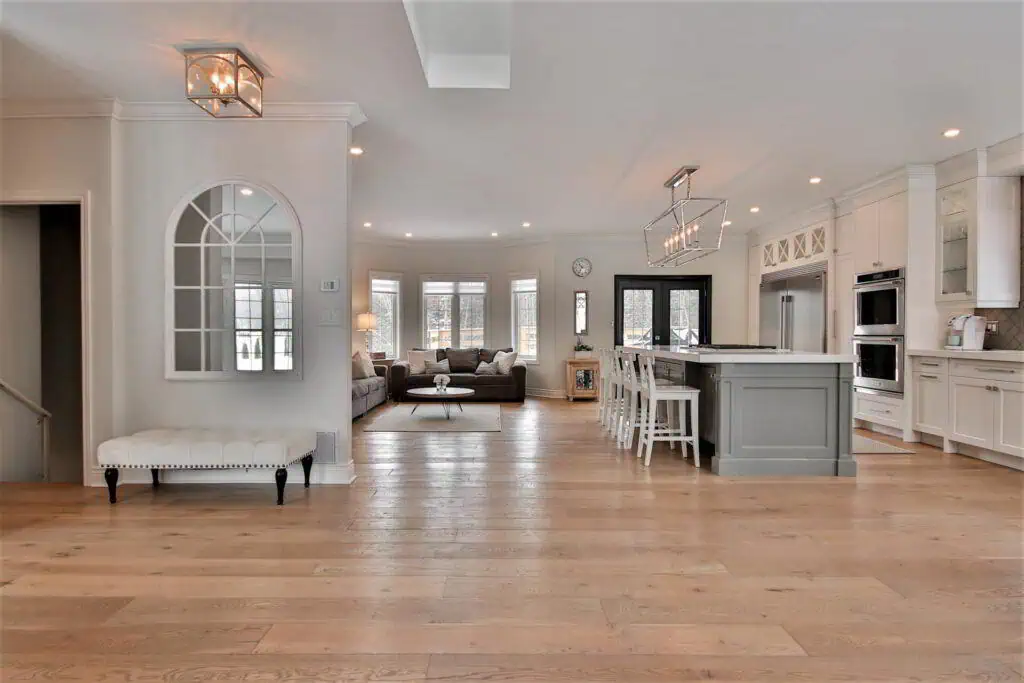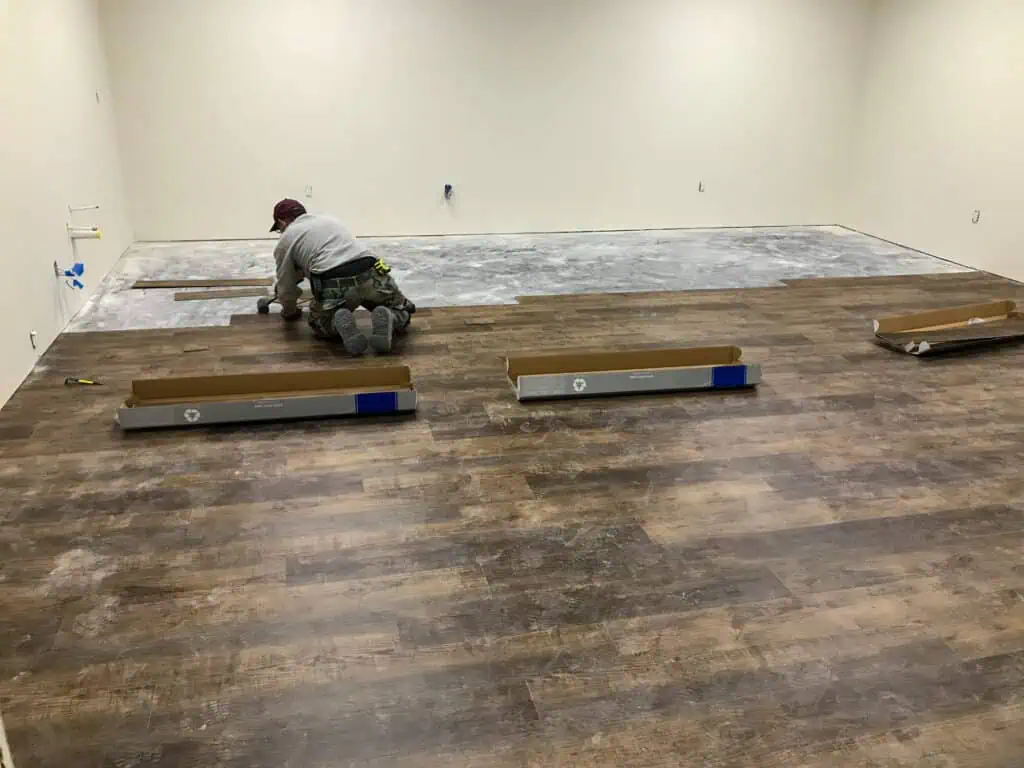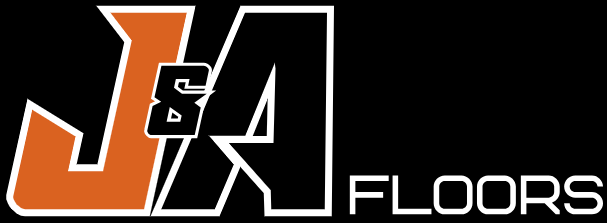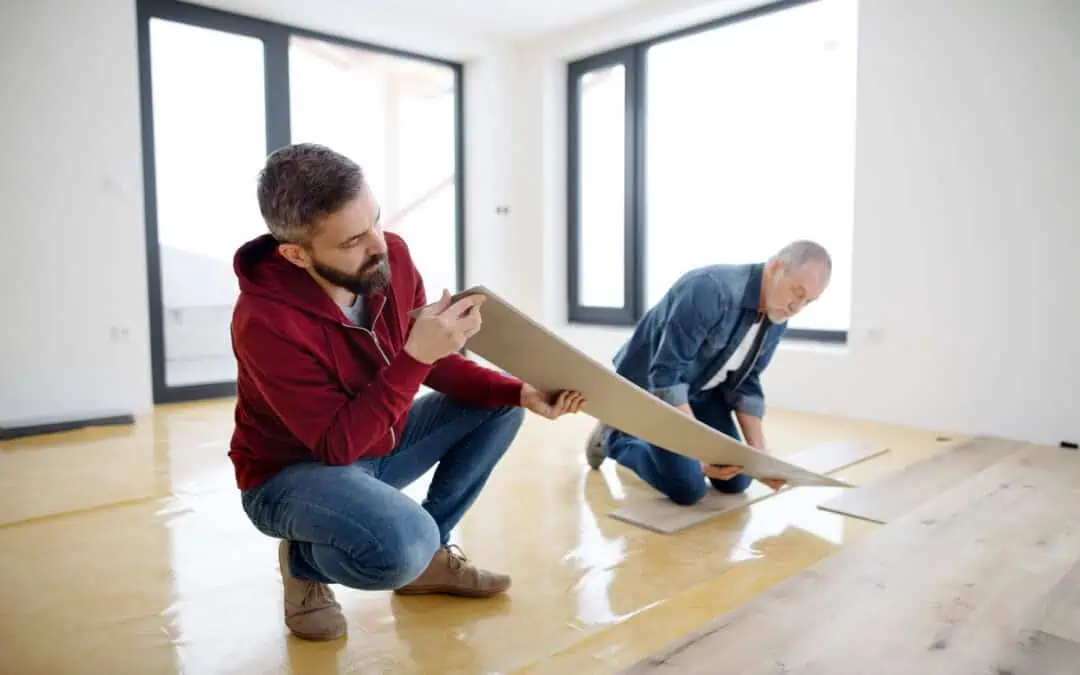Hardwood flooring offers timeless beauty, durability, and the ability to enhance any space, but choosing between engineered and solid hardwood can be confusing. Each type has unique qualities that cater to different needs, environments, and budgets. Homeowners and business owners often find themselves weighing the pros and cons to determine which is better for their specific situation. Understanding the key differences between engineered and solid hardwood flooring can help make an informed decision.
Solid Hardwood Flooring Explained
Solid hardwood flooring is crafted from a single piece of wood, offering unmatched authenticity and a premium finish. Its durability is well-known, as it can be sanded and refinished multiple times over its lifespan. For example, a homeowner who recently renovated a century-old house opted for solid oak floors, restoring the natural charm of their historic property. This type of flooring excels in traditional settings but comes with considerations for maintenance and installation.
- Sanded and refinished multiple times for longevity.
- Best for areas with stable humidity levels.
- High initial cost but exceptional lifespan.
Understanding Engineered Hardwood Flooring
Engineered hardwood is constructed with layers of wood veneers, making it more resistant to changes in humidity and temperature. This layered design ensures stability and reduces the risk of warping or swelling. A business owner who renovated a café in a humid region chose engineered hardwood for its ability to withstand frequent spills and temperature fluctuations. It works well in basements and areas prone to moisture where solid hardwood may struggle.
- Suitable for below-grade installations, such as basements.
- Often costs less than solid hardwood.
- Available in a variety of finishes and styles.

Installation and Maintenance Differences
The installation process varies significantly between the two types of hardwood flooring. Solid hardwood typically requires professional installation, as it must be nailed down and acclimated to the environment before use. In contrast, engineered hardwood offers flexibility with floating or glue-down installation methods, saving time and labor costs. Maintenance also differs, with solid hardwood needing careful upkeep to avoid scratches, while engineered options often come with durable finishes that resist wear.
- Solid hardwood requires acclimation before installation.
- Engineered hardwood allows for faster installation.
- Maintenance for both depends on proper cleaning and care routines.
Cost and Value Considerations
The cost of hardwood flooring can influence the decision, especially for larger projects. Solid hardwood often carries a higher upfront cost due to its natural material and longer lifespan. Engineered hardwood, while typically more affordable, may not last as long depending on the thickness of the top veneer. Homeowners and business owners should weigh initial costs against long-term value when choosing between the two.
- Solid hardwood has higher upfront costs but can be refinished more often.
- Engineered hardwood is generally more budget-friendly.
- Both options add significant value to properties.

Key Takeaways for Flooring in Asheville
Selecting between engineered and solid hardwood flooring depends on factors like budget, location, and intended use. Solid hardwood offers unparalleled authenticity and longevity but requires stable conditions and professional installation. Engineered hardwood provides versatility and moisture resistance, making it ideal for areas with fluctuating humidity.
- Solid hardwood is best for areas with stable environments.
- Engineered hardwood excels in moisture-prone or high-traffic spaces.
- Consider long-term maintenance and installation costs when deciding.
Frequently Asked Questions About Flooring in Asheville
1. Can solid hardwood be installed in basements?
Solid hardwood is not ideal for basements due to its susceptibility to moisture and humidity. Engineered hardwood is a better option for below-grade installations.
2. How often can solid hardwood be refinished?
Most solid hardwood floors can be refinished 5–7 times over their lifespan, depending on the thickness of the planks.
3. Is engineered hardwood eco-friendly?
Engineered hardwood can be eco-friendly when made from sustainable materials, and it uses less solid wood compared to traditional hardwood planks.
4. Does engineered hardwood scratch easily?
Engineered hardwood is often finished with a durable topcoat, making it more resistant to scratches and wear than untreated solid hardwood.
5. Which type of hardwood is better for high-traffic areas?
Engineered hardwood is better suited for high-traffic areas due to its durability and resistance to wear, especially when treated with a strong finish.

